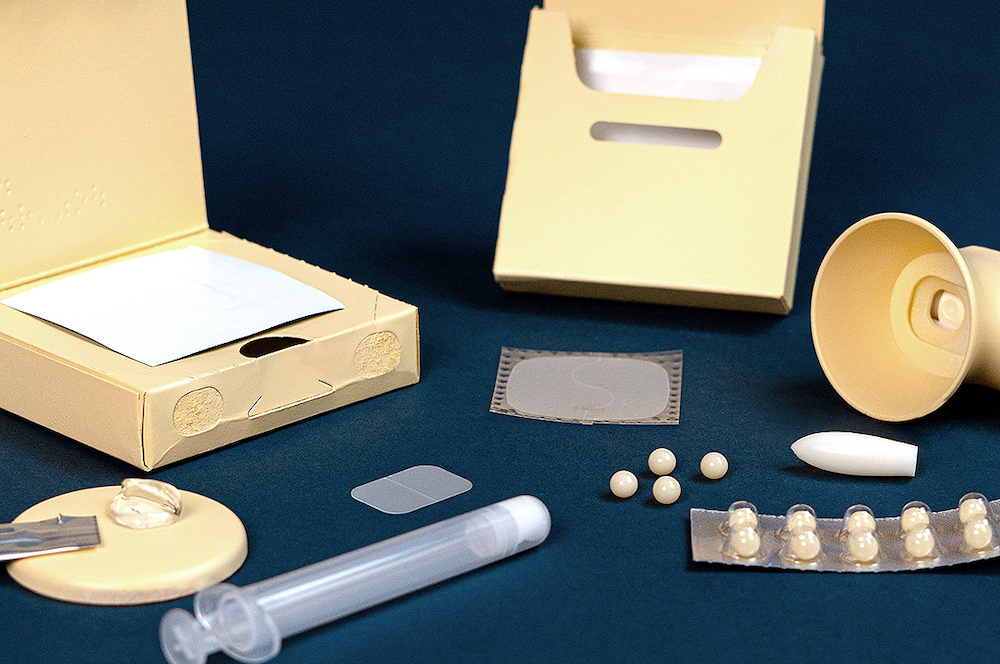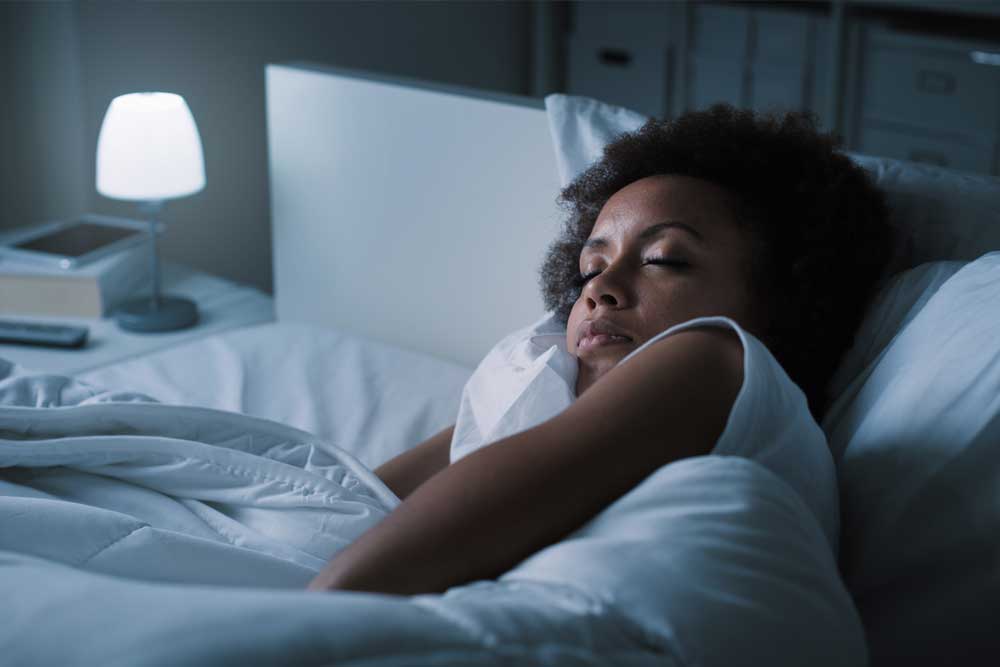INSOMNIA DEFINITION
Insomnia is when you have trouble sleeping at least three times a week for a minimum of three months, resulting in difficulty functioning throughout the day.
While you may not have clinically diagnosed insomnia, menopause sleep difficulties can severely affect your functioning during the day and at work. Difficulties getting to sleep and staying asleep are common during menopause.
Sleep quality is essential and deep sleep helps you feel rested and positively impacts your mental health and performance. Everyone needs different amounts of sleep, but an average adult requires approximately 6-8 hours.
Discover your personalized treatment options

HOW LIKELY ARE PERIMENOPAUSE SLEEP PROBLEMS?
- Nearly half have menopause sleep issues
- Those aged 60+ are at a greater risk of sleep disruption
- Perimenopause sleep problems can begin when your hormone levels start to change
Feeling tired can lead to other menopause symptoms such as anxiety, depression, brain fog and weight gain.
Read more about the stages of menopause.
HOW CAN YOU REDUCE SLEEP DIFFICULTIES?
Did you know that changing your lifestyle and avoiding certain things can help you manage symptoms?
2.
3. Don’t eat late. Your body will find it harder to rest if you eat a big meal close to bedtime.
4. Don’t exercise before bed. Try a relaxing wind-down routine in the few hours before bedtime.
5. Reduce screen time. Keep off your cell phone and laptop an hour before bedtime. Keep your phone out of your room if you are tempted to scroll when you wake up in the middle of the night.
Can hormone therapy (HT) help?
Yes. HT is known to improve sleep, mood and hot flashes during menopause. However, HT comes with risks and is not suitable for everyone. Read more about HT risks and benefits.
It might be that your healthcare provider recommends another medicine specifically used for insomnia. Speak to your healthcare provider about your personal treatment options.
Which menopause sleep aids you can try
Natural remedies
Great care needs to be taken when considering natural remedies for menopausal sleep problems. Firstly, research studies on herbal supplements are usually small with limited reliable evidence. This makes it hard for clinicians to determine whether a remedy is safe and effective. Also, the quality and purity of the supplements you want to buy may be unknown. Read more about the best supplements for menopause.
Lifestyle changes
If you are finding sleep difficult during menopause, it’s worth evaluating your lifestyle and seeing if improvements result in better sleep. Take a look at your nutrition, stress management, and exercise levels, as these can help improve your sleep and health, both now and in later life.
Sleep and menopause FAQs
Nothing can describe the panic of knowing you have to be up in a couple of hours and you’ve lain awake all night”





